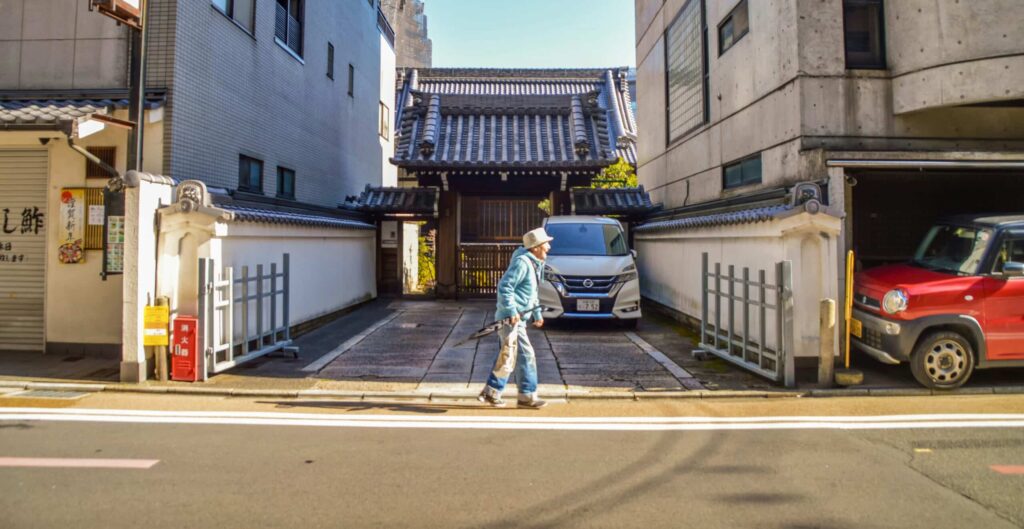Politeness rules in different countries are important for facilitating constructive interactions in business, travel and social settings. This article explains the etiquette and politeness norms in France, Germany, Brazil, The Middle East, Italy and China highlighting the main ingredients that lead to positive engagement across these cultures. However, bear in mind that society evolves with the generations, and that the application of good manners is sometimes more flexible than it used to be. Here is your comprehensive guide to local etiquette can help overcome language barriers and ensure respectful interactions.
Politeness in France
Greeting Etiquette
In France greetings are a big part of everyday interaction. A normal French greeting involves shaking hands or kissing on both cheeks (la bise), which depends on how close people are. It is traditional to address people using their titles (Monsieur, Madame, Mademoiselle) and last names only until told to use first names.

Dining Etiquette
In France dining has its own set of rules. When eating with others it is polite to wait for the host to start before saying “Bon appétit”. Keeping your hands on the table (but not elbows) is referred as good manner. In addition it is impolite to ask for seconds as this may mean that you are suggesting that what has been served wasn’t enough.
Social Etiquette
Being few minutes late for social gathering is acceptable while punctuality is valued in social contexts. When invited over one should bring small gifts such as flowers or chocolates. Also it’s polite to commend one’s host about his house and cooking.
Politeness in Germany
Greeting Etiquette
Formality and respect matter most when Germans greet each other. This entails giving a firm handshake combined with an eye contact directly at each other. Like France using of titles and last name are applied during introductions between strangers.. Also “Guten Tag” (Good day) or “Hallo” (Hello) can be used as salutations.
Business Etiquette
Punctuality is key while dealing with German businessmen. Late comers are considered disrespectful Meetings usually start and end on time, with a clear agenda. Dress code is formal, and business conversations are direct and short.

Dining Etiquette
In Germany it is customary to wait until everyone has been served and the host starts eating. “Guten Appetit” is said before one begins eating. Most foods require knife and fork while eating using hands is considered rude except for some like bread.
Politeness in Brazil
Greeting Etiquette
Brazilians are known for their warmth and friendliness. Handshakes are often firm among men, whereas hugs and pats on the back can be seen here as well. People address each other by first names most times; otherwise they say “Senhor” or “Senhora” for formality.
Social Etiquette
When it comes to social situations, Brazilians cherish close relations with others. Punctuality is a little bit relaxed whereby being 15-30 minutes late doesn’t seem much of a problem. Offering small gifts such as flowers or sweets when you visit someone’s home would also be appreciated there. Compliments abound in this country. When offered a drink in someone’s home, it’s polite to accept, as this is a gesture of hospitality in many cultures.
Dining Etiquette
Dining etiquette in Brazil combines relaxation with respectfulness. It is good manners to wait for the host to begin eating the meal. Food should mainly be eaten with utensils while knife and fork must indicate that one has finished eating by placing them parallel on plate. Sharing food among friends shows solidarity among them while tasting what others have cooked indicates that we appreciate them are all signs of friendship towards another person’s cooking abilities’.
Politeness in the Middle East
Greeting Etiquette
Greetings in the Middle East are typically complicated and can consist of different physical gestures such as handshakes, hugs, and cheek kisses based on the relationship and cultural background. In formal settings, it is common practice to use titles and first names. This is also used as an Arabic greeting “As-Salaam-Alaikum” (Peace be upon you).
Business Etiquette
Business etiquette in the Middle East lays emphasis on personal relationships before business transactions are made. Meetings may lack a strict agenda and often involve long social conversations. Punctuality varies but showing respect and patience is important. Formal wear is usually expected.
Social Etiquette
Hospitality is highly valued in the Arab world. Guests are considered to be very important people who should be treated with utmost dignity by offering them food and drinks. Accepting this offer while making positive remarks about one’s host is polite. One must remove shoes before going into somebody’s house. Eating or passing things should involve using right hand; otherwise it will be impolite because left hand would bring bad luck. In some countries, such as the Middle East, cultural norms around interactions between men and women can be quite different, and understanding these rules is crucial. Additionally, showing respect for national symbols like the flag is important.
Politeness in Italy
Greeting Etiquette
In Italy greetings are affectionate including a kiss on both cheeks even among males from Southern Italy. Hand shaking too is common especially in official dealings. Using proper titles (Signor, Signora) together with their last names while addressing people until when they become familiar with each other.
Dining Etiquette
Dining exerts great influence over Italian life as it accounts for most of their leisure time activities which they enjoy doing with their family members or friends at home or restaurants where they get to meet new people whom they just met during a tour through form of travel. For example, waiting for your host to start eating it polite so that you don’t start eating when everyone else has not been served yet hence some may feel disrespected. Using cutlery for almost everything while eating rather than using your fingers are some of the ways Italians avoid embarrassment at the table. Saying something positive about the meal is a way of showing appreciation when you are being hosted by someone.
Social Etiquette
Italian culture looks up to family and social life. It is considered acceptable to be a little late (15 minutes) to social events. You would take along something small such as wine, sweets or pastries if visiting someone in their home. Complimenting each other and giving warm expressions is common when people interact socially.
Politeness in China
Greeting Etiquette
Greetings in China are usually polite and formal. Another form of greeting here involves shaking hands with one’s head slightly bowing down towards another person. The use of titles or last names continues until given an okay to use somebody’s first name as well. Each business card should be exchanged with both hands and carefully studied upon receipt.
Business Etiquette
Chinese business culture respects hierarchy and it values respect among colleagues . Punctuality is essential because all meetings begin at exactly the stated time . Besides that , when addressing people one should first look at who holds the highest office so that he can speak up . Business suits are conservative and it takes a lot of patience and diplomacy in negotiation process. During a meeting in China, speaking in English can be common in international settings, but it’s respectful to learn a few basic phrases in the local language.

Dining Etiquette
Chinese dining entails several unique customs . When eating together, always wait for the host to put his chopsticks down before you start eating too because you will otherwise offend him . Additionally, this primary utensil is impolitely left standing upright if one is not using them on a table. Praising food and gratefulness after meal are significant elements within Chinese dining etiquette.
Conclusion
Knowledge of the politeness rules across nations must be acquired for having good manners during any exchange. Every society has its own set of practices reflecting its values along with social norms. Better communication and stronger inter-cultural relationships are fostered through respect for these rules. We hope our guide has given you a better understanding of the codes in these specific countries, and that you’ll make good use of it when you move abroad!


